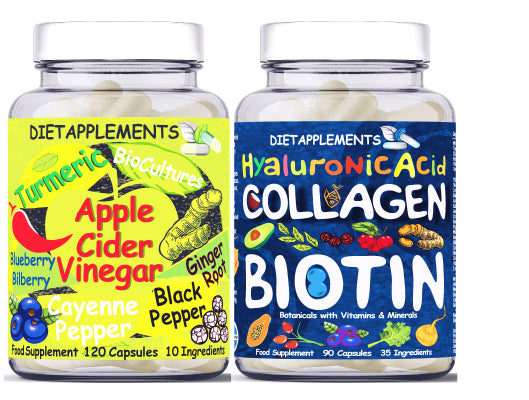Click here to explore our formulas with Iodine
Iodine is a crucial trace element that plays a fundamental role in maintaining proper thyroid function and overall health in the human body. The thyroid gland relies on iodine to produce thyroid hormones, which are essential for various physiological processes.
Here are key reasons why iodine is important:
-
Thyroid Hormone Synthesis: Iodine is an integral component of thyroid hormones, specifically thyroxine (T4) and triiodothyronine (T3). These hormones are critical for regulating metabolism, growth, and development. T3 is the more active form, and it is derived from T4 through the removal of one iodine atom.
-
Metabolic Rate Regulation: Thyroid hormones play a central role in determining the body's metabolic rate. They influence the rate at which cells use energy (calories) and contribute to the regulation of body temperature.
-
Growth and Development: Adequate iodine is essential during pregnancy for the normal growth and development of the fetal brain and nervous system. Severe iodine deficiency during pregnancy can lead to intellectual disabilities and developmental delays in the child, a condition known as cretinism.
-
Reproductive Health: Iodine is important for the maintenance of normal reproductive function. It contributes to the synthesis of sex hormones and supports overall reproductive health.
-
Immune System Support: Iodine has been suggested to have immune-modulating effects, potentially helping the body's defense against infections.
Dietary sources of iodine include:
-
Seafood: Fish, shellfish, and seaweed are rich sources of iodine.
-
Dairy Products: Milk and dairy products can contribute to iodine intake, depending on the iodine content of the animal feed.
-
Iodized Salt: In many countries, table salt is fortified with iodine to prevent iodine deficiency.
-
Eggs: Eggs can contain small amounts of iodine, depending on the diet of the laying hens.
















